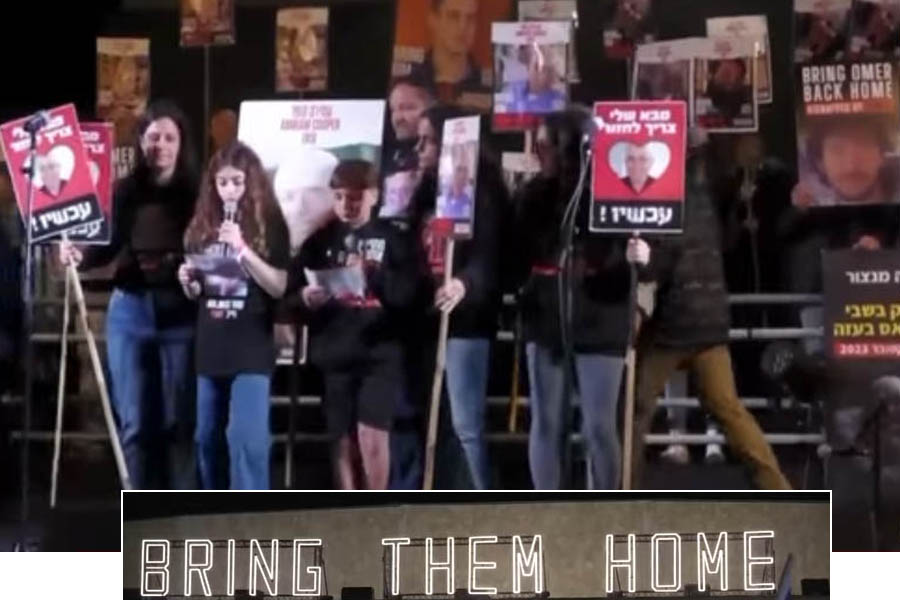
Amidst the ongoing crisis in the Middle East, tensions between Israel and Hamas have escalated once again, with Hamas warning against a potential Israeli ground offensive in the border town of Rafah. The latest developments come as Benjamin Netanyahu, Israel's Prime Minister, rejected a proposal by Hamas for a ceasefire and the exchange of hostages and prisoners.
Hostage Talks Threatened
Hamas, the militant group controlling the Gaza Strip, has issued a stern warning, stating that any Israeli ground offensive in Rafah would "blow up" the ongoing hostage exchange negotiations. This warning underscores the delicate nature of the situation, where any military action could potentially derail diplomatic efforts aimed at securing the release of hostages and achieving a cessation of hostilities.
Netanyahu's rejection of Hamas's ceasefire proposal, citing concerns over Israel's security, has further strained relations between the two sides. The Israeli Prime Minister has emphasized the need for what he terms "absolute victory" in addressing Israel's security challenges, indicating a reluctance to compromise on key issues.
Tunnel Discovery Raises Concerns
In a significant development, the Israeli military has uncovered a tunnel network extending underneath the headquarters of the United Nations Relief and Works Agency for Palestine Refugees (UNRWA) in Gaza. This discovery has raised concerns about Hamas's exploitation of civilian infrastructure for military purposes, further complicating efforts to mitigate the humanitarian impact of the conflict.
The tunnel's discovery underscores the challenges faced by humanitarian organizations operating in the region and highlights the need for enhanced oversight and security measures to prevent such abuses in the future. Despite allegations of Israeli misinformation, the findings underscore the complex dynamics at play in the ongoing conflict.
Humanitarian Concerns
As the crisis unfolds, concerns over the humanitarian situation in Gaza continue to mount. Reports indicate that Israeli forces are obstructing the delivery of essential supplies, including oxygen to hospitals and fuel for generators. With the death toll rising and thousands displaced, the situation remains dire, underscoring the urgent need for a negotiated ceasefire and humanitarian assistance.
Promises of Safe Passage
In the face of mounting criticism, Netanyahu has pledged to provide "safe passage" for Palestinian civilians ahead of any potential offensive in Rafah. However, questions remain regarding the feasibility of such measures, given the densely populated nature of the area and the lack of viable alternatives for displaced residents.
The head of UNRWA has warned against a major Israeli offensive in Rafah, emphasizing the potential for further humanitarian catastrophe. The situation highlights the delicate balance between addressing security concerns and minimizing civilian casualties in the conflict.
As tensions continue to escalate, the prospects for a peaceful resolution to the crisis remain uncertain. Both sides appear entrenched in their positions, with little room for compromise. The international community must redouble its efforts to facilitate meaningful dialogue and negotiation, with a focus on addressing the root causes of the conflict and alleviating the suffering of civilians caught in the crossfire.
In the absence of a diplomatic breakthrough, the cycle of violence and instability in the region is likely to persist, with devastating consequences for the people of Gaza and Israel alike. Urgent action is needed to avert further escalation and pave the way for a lasting and just peace in the Middle East.